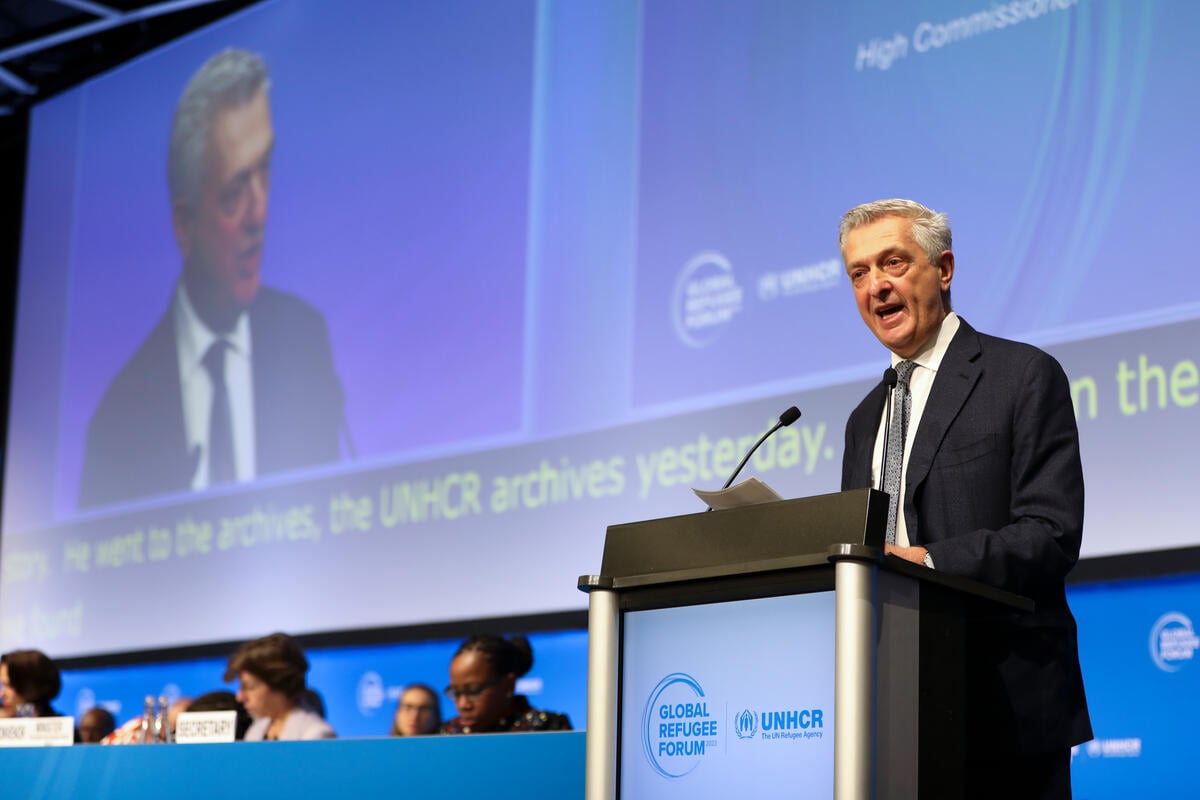North Macedonia accedes to key statelessness treaty
North Macedonia accedes to key statelessness treaty

North Macedonia’s accession to the 1961 Convention on the Reduction of Statelessness is an important step in global efforts to end statelessness, UNHCR, the UN Refugee Agency, said on Monday. This brings the total number of State parties to the Convention to 75.
“North Macedonia’s accession represents a very welcome development towards eradicating statelessness” said Pascale Moreau, UNHCR Director of the Bureau for Europe.
North Macedonia acceded to the 1961 Statelessness Convention on Friday 3rd January, making it among the first countries to do so since the High-Level Segment on Statelessness held in Geneva in October 2019. During the meeting, States, civil society and international and regional organizations made a total of 358 pledges to address statelessness. In Europe, North Macedonia and other countries announced 40 commitments towards the goal of ending statelessness.
UNHCR convened the High-Level Segment on Statelessness to mark the mid-point of its ten year #IBelong campaign, which was launched in 2014 to eradicate statelessness by 2024.
Statelessness affects millions of people around the world, often denying them access to basic rights and official recognition that most people take for granted.
Some 3.9 million stateless people appear in the reporting of 78 countries, but UNHCR estimates the actual total to be significantly higher.
North Macedonia has been a party to the 1954 Convention relating to the Status of Stateless Persons since 1994. Accession to both statelessness conventions signals a government’s commitment to protect stateless persons, and to address causes of statelessness such as gaps in nationality laws.
For more information, please contact:
- In Geneva: Liz Throssell, [email protected], +41 79 337 7591
- In Skopje: Ljubinka Brashnarska, [email protected], +389 722 693 46









